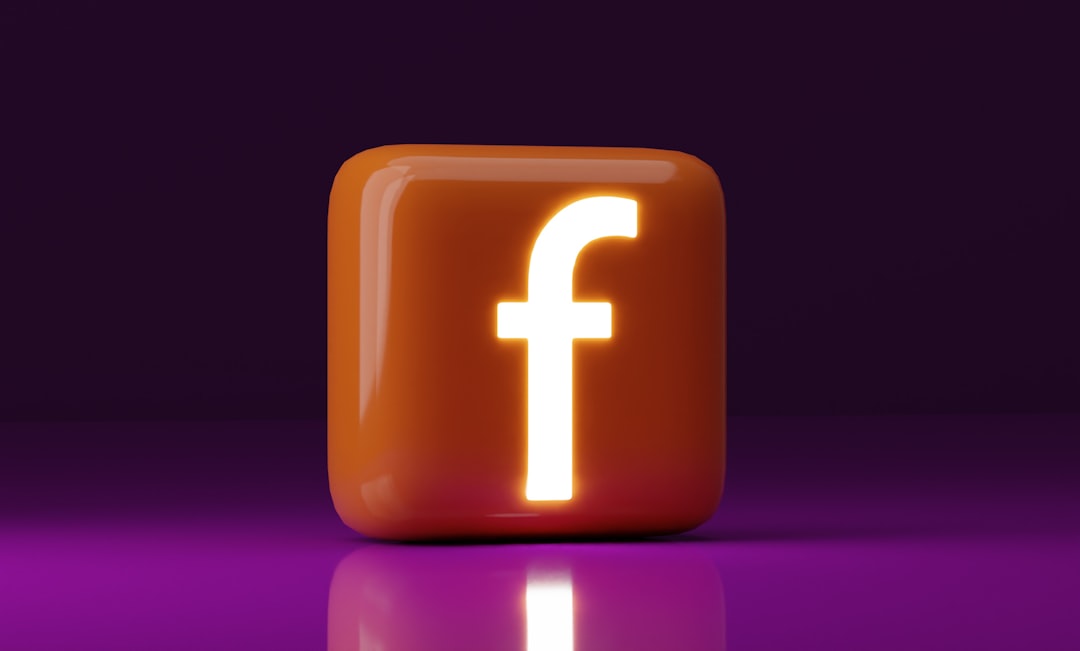Law firms are busy places. Time is money, and every minute counts. That’s where ChatGPT comes in. This smart AI tool can help lawyers, paralegals, and legal assistants get more done—faster and easier.
In this guide, we’ll walk you through how to use ChatGPT to save time, reduce stress, and boost efficiency. No legal jargon or tech mumbo jumbo. Just simple, fun, and practical tips.
What is ChatGPT?
ChatGPT is a language model developed by OpenAI. It’s like your super-smart assistant who never sleeps. Ask it questions, give it tasks, and get instant help. No coffee breaks required!
Best part? You don’t need to be tech-savvy. If you can type, you can use ChatGPT.
Top Benefits for Law Firms
- Save Time: Automate repetitive typing and research.
- Reduce Errors: Get suggestions, proofreading, and grammar checking.
- Boost Productivity: Focus on billable work, not admin chores.
- Improve Client Service: Respond quickly and clearly with AI help.
1. Drafting Documents Fast
Writing legal content takes time. But with ChatGPT, you can create:
- Client emails
- Contracts and agreements
- Case summaries
- Legal memos
Just type a prompt like:
*”Write a professional email to a client explaining the next steps in a personal injury case.”*
And boom! You get a well-written draft in seconds. Edit it, adjust the tone, and you’re done!
2. Doing Legal Research
ChatGPT can’t replace a full legal database, but it can help understand topics quickly. Ask it for summaries, definitions, or comparisons.
For example:
*”Compare the key differences between civil and criminal law.”*
It’s like having a study buddy who actually knows everything.
3. Creating Marketing Content
Want more clients? You need content. That means blog posts, social media, and newsletters.
ChatGPT is great at writing content that sounds human. Try prompts like:
- *”Write a blog post about ‘What to Do After a Car Accident,’ in a friendly tone.”*
- *”Create a series of LinkedIn posts for our family law firm.”*

No need to stare at a blank screen again.
4. Answering FAQs
Clients ask the same questions all the time. Why not prepare answers in advance?
Give ChatGPT a list of common questions and ask it to help you write clear and calm responses.
Examples:
- *”How long does a divorce take in [your location]?”*
- *”What’s the process for filing a wrongful termination claim?”*
Use the answers on your website, email templates, or chatbots!
5. Simplifying Complex Legal Language
Legal writing can get… a bit much. Clients often don’t understand it. Use ChatGPT to rewrite complex text into plain English.
Try prompts like:
*”Rewrite this legal clause in simple terms that a non-lawyer can understand.”*
Now your clients won’t just nod. They’ll actually get it.
6. Preparing for Court
Getting ready for a hearing or trial? ChatGPT can help you prep:
- Outline your opening or closing statements
- Brainstorm possible counterarguments
- Practice Q&A with witness-style responses
Of course, you’ll still do the heavy lifting. But ChatGPT can give you a strong head start.
7. Organizing Tasks & Case Notes
ChatGPT can also assist with productivity. Have a long list of tasks or notes?
Ask it to structure your ideas into:
- To-do lists
- Case summaries
- Timelines
Suddenly, those scribbles turn into something usable and clean.

8. Managing Client Communication
Client communication can eat up your day. Let ChatGPT help you write polite responses or updates quickly.
Try prompts like:
*”Write a status update email for a client whose case is pending trial.”*
Save your templates and reuse them with small edits. A huge time-saver!
9. Training New Staff
New hires have lots of questions. Instead of answering them one at a time, use ChatGPT to create:
- Training guides
- Office FAQs
- Checklists for common tasks
Even better, new team members can use ChatGPT directly to learn and troubleshoot!
10. Keeping the Tone Right
Lawyers often need to write in different tones—formal, friendly, firm, or empathetic.
ChatGPT makes tone-switching easy. Provide a draft and ask it to:
- Make it sound more compassionate
- Adjust it to match a corporate style
Your message = still yours, but better.
Tips to Use ChatGPT Effectively
- Always review: Use ChatGPT as a helper, not a replacement. You’re the legal expert.
- Protect data: Don’t share confidential information. Keep it general or hypothetical.
- Be specific: Give clear prompts for better results.
Example of a good prompt:
*”Write a 300-word article in a conversational tone about how to choose a personal injury attorney in New York.”*
Vague prompt = vague answer. Be detailed!
Fun Ideas for Advanced Users
- Build an internal knowledge base with ChatGPT-generated content.
- Create automatic response templates for intake teams.
- Even prepare mini training courses for paralegals or interns!
Conclusion
Legal work is serious stuff, but that doesn’t mean your workflow has to be stressful. ChatGPT is like having an extra team member—but digital, fast, and easy to use.
From writing to research, from marketing to organizing, it helps law firms get more done while keeping quality high and costs low.
Try it out. Experiment. Keep what works. Toss what doesn’t. No court order needed.
Welcome to the future of law firm productivity—it’s faster, friendlier, and just a prompt away!
